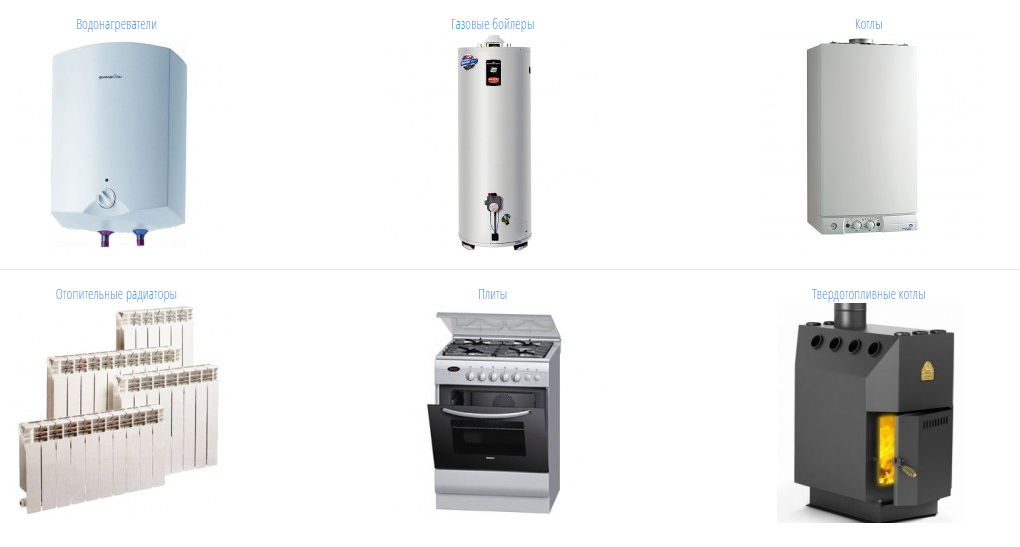Grafik Ochistki Osmotra I Remonta Svetiljnikov Seti Osvescheniya Obrazec
- 16 Comments!

In 25 years, Eco-Schools has developed from a European educational programme to a global model for environmental education and sustainability at the international level. Highlights 1992 - Eco-Schools developed as a response to the needs identified at the United Nations Conference on Environment and Development. 1994 - Eco-Schools launched in Denmark, Germany, Greece and the United Kingdom with the support of the European Commission. 1999 - Eco-Schools received the 'Worldaware Award for Global Education' by North-South Centre of Council of Europe and National Committee for International Cooperation and Sustainable Development (NCDO). 2002 - The United Nations Environment Programme (UNEP) and FEE organised a workshop on Eco-Schools partnerships for Africa.
Pi veza – nastaje bočnim preklapanjem p orbitala tetraedarska struktura C: Z=6 1s2 2s2 2p2 ima 4 valentna elektrona u pobudjenom stanju Kovalentne veze koje nastaju prema vrsti atomske orbitale su: 1. SIGMA VEZA σ 2.PI veza π ugao izmedju veza je 120°, ugljenikovi atomi grade. Acta Stomatol Croat, Vol. ASC 233 Ossifying Fibroma of the Orbit Summary Ossifying fibroma of the head and neck is a rare tumour which most.
2003 - Eco-Schools was identified by UNEP as a model initiative for Education for Sustainable Development. 2004 - Eco-Schools 10th anniversary. The programmed had reached 4,487,807 students; 233,533 teachers; 12,640 schools and 1,661 local authorities. A total of 16,040 training sessions were organized by Eco-Schools' National Operators.
2005 - Toyota Motor Europe via its Toyota Fund for Europe, supports an Environment and Innovation Project. The First Cycle of this Project had the theme 'Sustainable Mobility' and was implemented in four countries: Italy, Germany, Spain, England and Northern Ireland.
2006 - Eco-Schools International programme reach: more than 5 million students, 22,000 schools, over 400,000 teachers and more than 4,000 local authorities. 2007 - The Eco-Schools international programme - Quality, Standardisation and Flexibility study was developed with the involvement of 15 countries: China, Cyprus, Czech Republic, Denmark, England, Greece, Italy, Ireland, Malta, Norway, Scotland, Slovakia, Slovenia and South Africa and Wales. 2008 - Toyota Motor Europe via its Toyota Fund for Europe supports the Environment and Innovation Project Second Cycle, with the theme: Climate Change: Let's Save Energy!
A partnership with World Future Council (WFC) was established to promote and implement its KidsCall campaign - an initiative that advocates childrens' rights to a just and secure world. 2009 - The HSBC Eco-Schools Climate Initiative launched, a three-year project to empower students to become active contributors to reducing carbon emissions. Participating countries included: Brazil, China, England, Ireland, Japan, Jordan, Malta, Russia, Slovakia, South Africa, United States, and Wales. 2010 - Eco-Schools and its sister programme Young Reporters for the Environment received the second largest sponsorship ever from the Wrigley Company Foundation for a three-year Litter Less Campaign.
Knigu dedov endokrinologiya. FEE also formalised its connection with UNESCO. 2011 - Eco-Schools launces 'Connect' to map schools and enable them to connect. There are now more than 11 million students across 52 countries taking part in the Eco-Schools programme. Eco-Schools also signed an MoU with Earth Charter, a 16 point ethical framework for living in peace within a sustainable world.